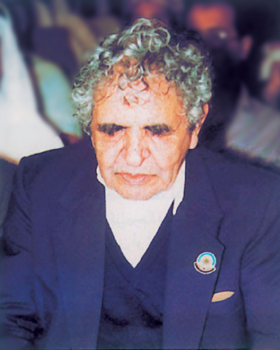Dr. Hatem Al-Shamea’s Transformation Theory: A Philosophical and Literary Framework
Transformation Theory: A Philosophical and Literary Framework by Dr. Hatem Mohammed Al-Shamea Dr. Hatem Al-Shamea’s Transformation Theory offers a comprehensive and nuanced framework for understanding character development within literary works. The theory postulates that characters undergo a series of stages, moving from an initial state of relative stability to a final state of transformation. …
Dr. Hatem Al-Shamea’s Transformation Theory: A Philosophical and Literary Framework Read More »


















